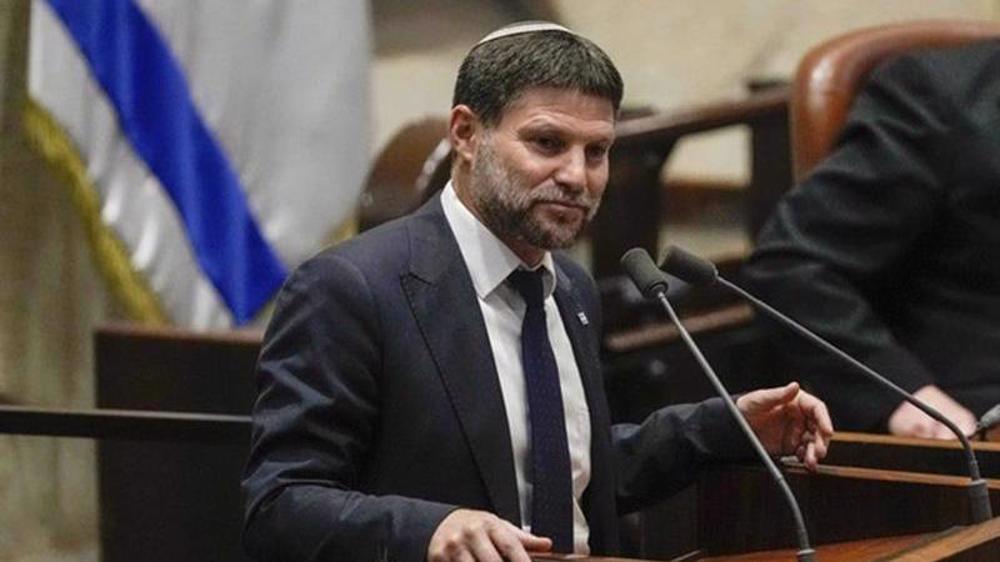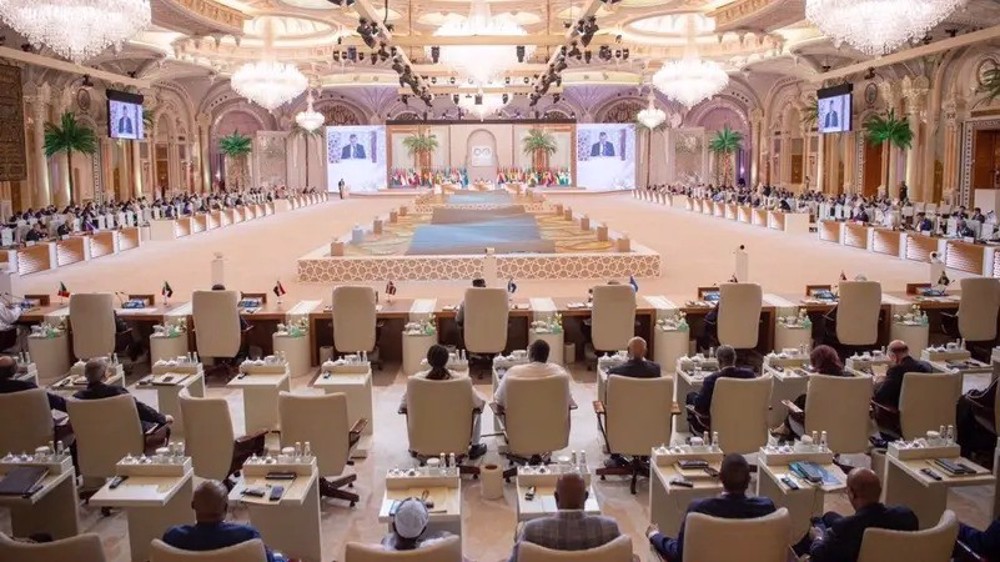Rights groups to Saudis: Don’t execute Shia youths
Rights groups have called on the Saudi regime to stop possible executions of three Shia Muslim youths after judges in the monarchy reportedly confirmed death sentences against four men accused of committing “acts of terrorism.”
The calls came after Saudi newspaper Okaz reported that 13 judges considered the cases against the four in three levels of hearings, but did not identify them.
According to international rights groups, the families of the Shia youths are fearful that their sons might be among those facing the death penalty.
The three were arrested for taking part in anti-regime protests while under the age of 18. One of them is Ali al-Nimr, the nephew of prominent cleric Sheikh Nimr al-Nimr who was executed in January. The young Saudi national was 17 when he was detained in 2012.
Amnesty International said Saudi authorities should “immediately stop the planned executions and establish an official moratorium on executions.”
It also called for an impartial probe into allegations of torture by security officers, and urged the regime to fundamentally reform the judicial system to end such “egregious violations.”
“If these executions go ahead, Saudi Arabia will demonstrate its utter disdain for international law, which prohibits executions of people for crimes committed under the age of 18. Condemning these young men to death despite grave flaws in their trials and credible allegations that their ‘confessions’ were extracted under torture, would be a sickening example of the authorities’ disregard for human life,” said James Lynch, Amnesty’s deputy director of the Middle East and North Africa Program.
Rights group Reprieve, known for campaigning against the death penalty, also said the reports “raise fears for three juveniles who are awaiting execution after their sentences ... were upheld in the SCC (Specialized Criminal Court) last year.”
Back in November 2015, Saudi media reported the regime’s plans to execute more than 50 people over what they claimed to be “terrorist crimes.” On January 2, Riyadh executed 47 people among them Sheikh Nimr in defiance of international calls for the release of the prominent Shia cleric and other jailed political activists in the kingdom.

“Saudi Arabia’s use of the death penalty to silence dissent sends a chilling message to anybody who dares to speak out against the authorities,” Lynch said.
Sheikh Nimr’s execution drew angry reactions from Muslim people and bodies worldwide and sparked numerous demonstrations both in Saudi Arabia and around the world.
The Saudi kingdom has long been under fire at the international level for its grim human rights record.
The kingdom reportedly executed 153 individuals, including 71 foreign nationals, in 2015. This number of executions in terms of annual basis in Saudi Arabia has been unseen since 1995.
Amnesty said in a 2015 report that court proceedings in Saudi Arabia “fall far short” of global norms of fairness.
VIDEO | Jordanians continue rallies to denounce Israeli genocide in Gaza, Lebanon
6 Israeli soldiers commit suicide: Reports
Diplomat discourages recourse to pressure, intimidation, confrontation against Iran
UN: 2024 deadliest year for aid workers amid genocide in Gaza
Gaza health official warns of hospital shutdowns within 48 hours
Israel kills 5 more paramedics in southern Lebanon: Health ministry
Iran to launch ‘new, advanced’ centrifuges in response to IAEA resolution: AEOI
Yemen fires hypersonic missile at Israeli airbase














 This makes it easy to access the Press TV website
This makes it easy to access the Press TV website